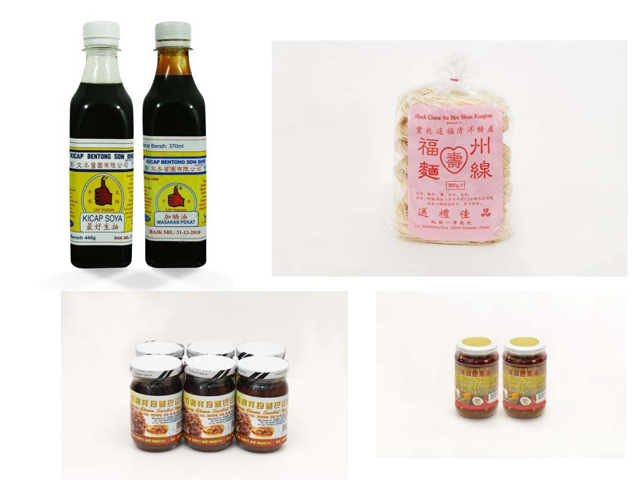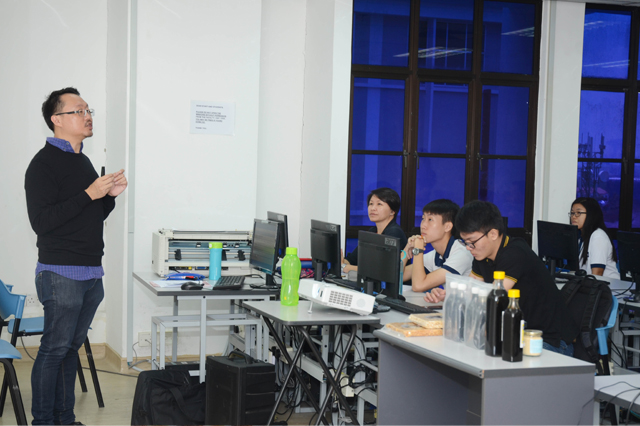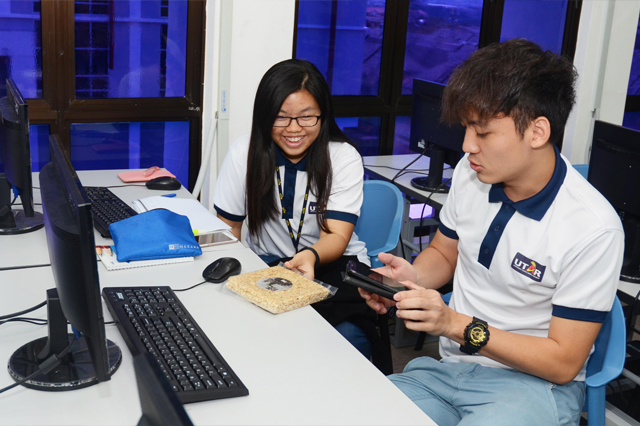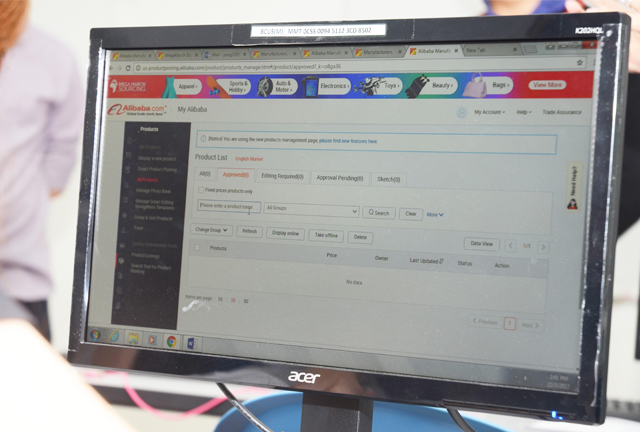
The tradition of giving back to society is very much ingrained in UTAR as the university launched the UTAR–Alibaba Entrepreneur Project. This project was supported by the Department of Soft Skills Competency (DSSC) and Department of Consultancy & Commercialisation (DCC). The main purpose of this project was to promote new village products on e-commerce platforms such as Lazada.com, 11street and Alibaba.com. It also aimed to help expand new village businesses online locally and internationally. This project is student run and developed under the aegis of the UTAR New Village Project.
Beginning in May 2009, the UTAR New Village Project has attracted great participation from students, international collaborators and members of the public who volunteer to explore and study the needs, challenges and opportunities of new villages in Malaysia. The UTAR-Alibaba Entrepreneur Project was founded when the participants of a previous project found that there was a business opportunity to be explored for locally produced products of new villages.
UTAR and Alibaba.com signed a memorandum of understanding (MoU) on 6 September 2016 to better equip UTAR students and staff as well as Malaysian small and medium-sized enterprises (SMEs) with e-commerce knowledge.
Eleven students from the Faculty of Accountancy and Management (FAM) and Lee Kong Chian Faculty of Engineering and Science (LKC FES) participated in this project. FAM Deputy Dean for Academic Development and Undergraduate Programmes Dr Hen Kai Wah, FAM Head of PhD and MPhil programmes Dr Cham Tat Huei, FAM Department of Building and Property Management Head Low Chin Kian, FAM Lecturer Tang Kin Leong, and LKC FES Head of Master of Information Systems programme Dr Wong Whee Yen had volunteered to assist the project as consultants and advisors to the students in helping the new villagers publish their products onto multiple e-commerce platforms.
The published products include Kicap Cap Tangan Bentong, CB Red Label Chicken Biscuit, CB Red Label Honey Sa Qi Ma Cookies, Bai Li Xiang Zhen Siong Chuan Rendang Sauce, Bai Li Xiang Zhen Siong Chuan Sambal Ikan Bilis and Hock Chew So Mee Shua.

Some of the products for sell on the e-commerce platform
DSSC Head Fook Oi Yee said, “There are a lot of SMEs operating in the new villages and they lack e-commerce knowledge. Their products should be introduced outside of their place of origin. Therefore, DSSC collaborated with a few departments and faculties to help the new village SMEs to sell their products through e-commerce platforms.”
Dr Hen said, “While we were running this project, one of the biggest challenges encountered was how to engage and motivate all stakeholders in the project, particularly the merchants and students, on the benefits and value that arise from e-commerce participation. In my opinion, e-commerce business models are constantly evolving. Hence, students should be more creative and innovative in utilising the e-commerce environment.”
Dr Wong remarked, “It was not an easy job when we tried to approach the new village SMEs. Some of them were comfortable with their existing business model and reluctant to try something that they were not good at. We tried to show them how powerful e-commerce is and at the same time, promote their products through the online platform. Even though they may not be able to sell their products online, but at least more people can get to know about their products which increases the opportunity for offline business transactions.”

Low (left) giving training to students

Students trying to upload products to an e-commerce platform

Alibaba.com being used as a training platform
© 2019 UNIVERSITI TUNKU ABDUL RAHMAN DU012(A).
Wholly owned by UTAR Education Foundation Co. No. 578227-M LEGAL STATEMENT TERM OF USAGE PRIVACY NOTICE